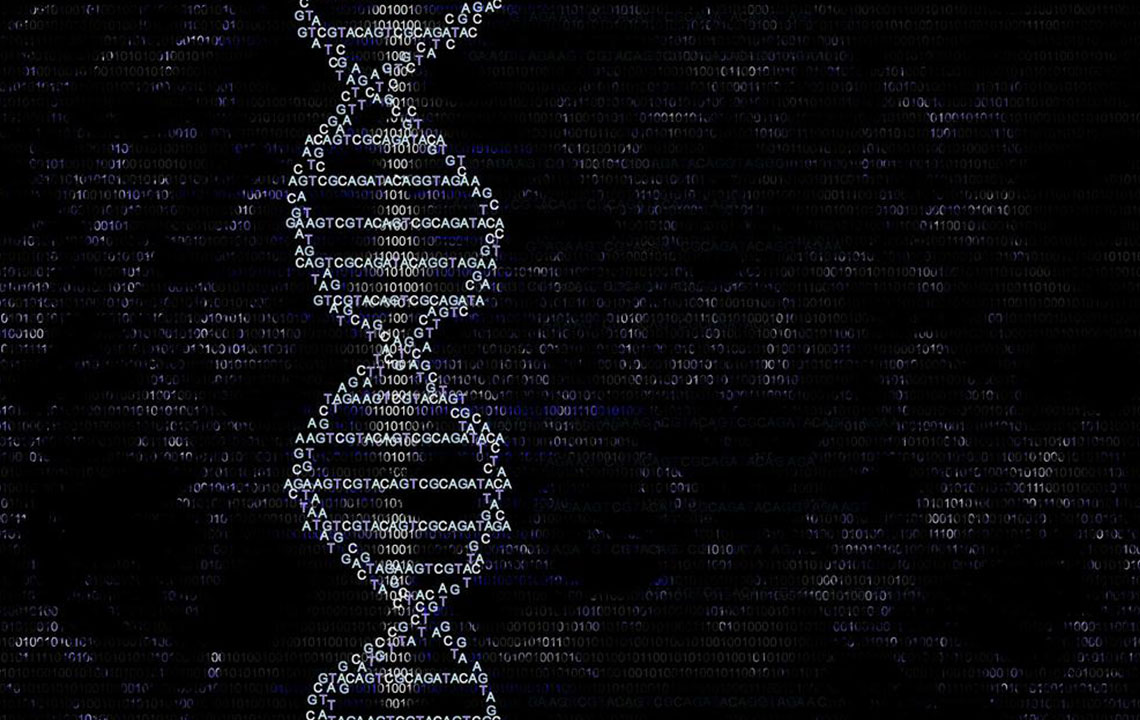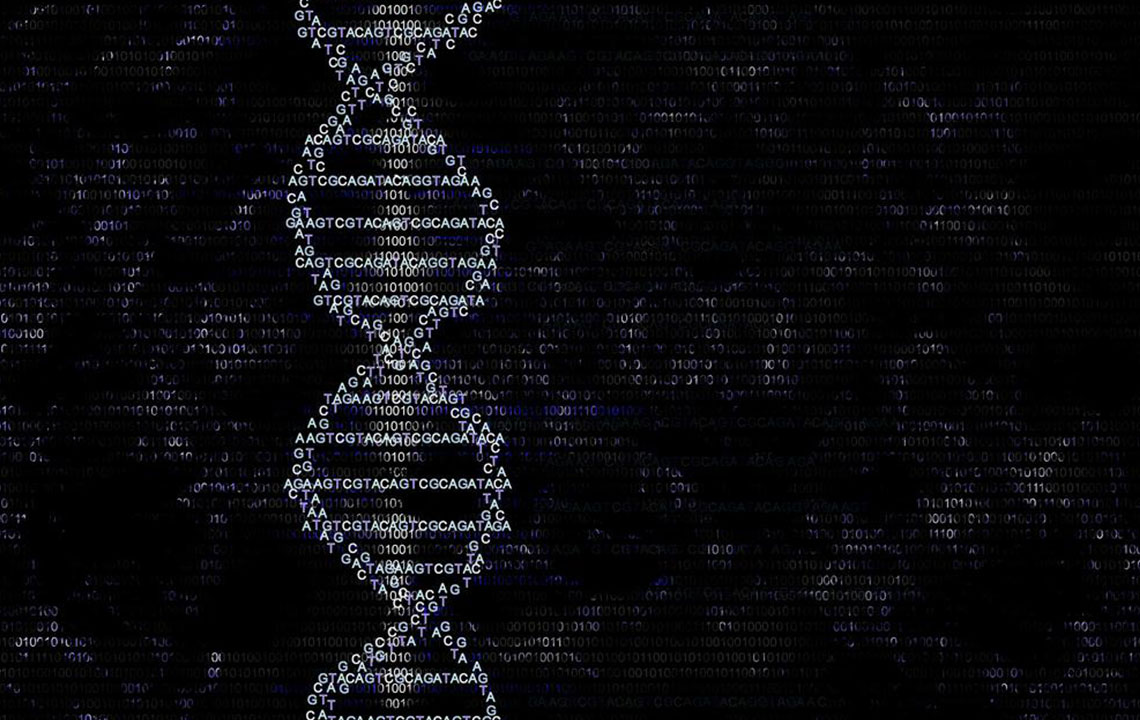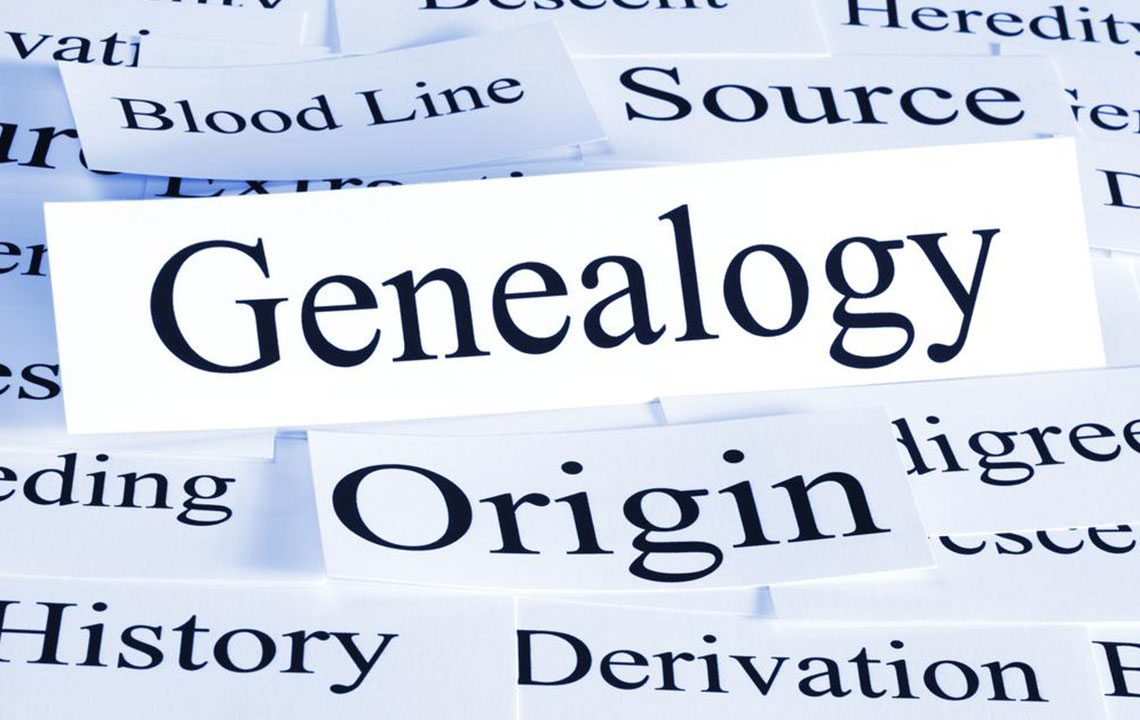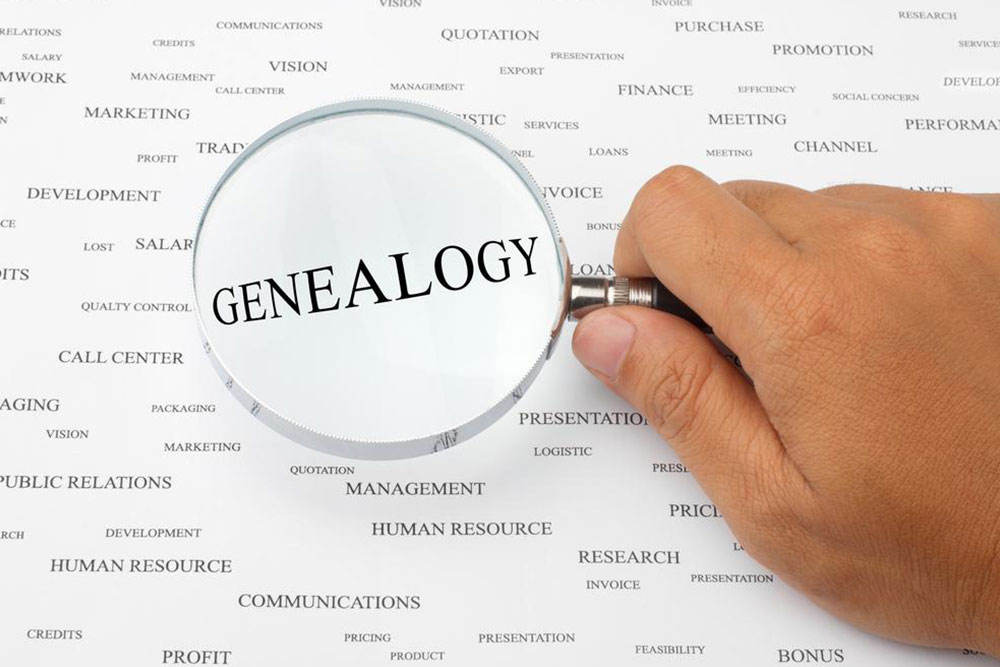Unlocking Your Family History: A Comprehensive Step-by-Step Guide to Tracing Your Ancestry
This comprehensive guide walks you through the process of tracing your family history, from initial data collection to using modern DNA testing. Discover how to uncover your ancestral roots, access vital records, and build a detailed family tree. The article emphasizes the importance of preserving cultural heritage, understanding health implications, and overcoming common research challenges, making it a valuable resource for anyone interested in genealogy. Start your genealogical journey today and connect with your past to enrich your future.
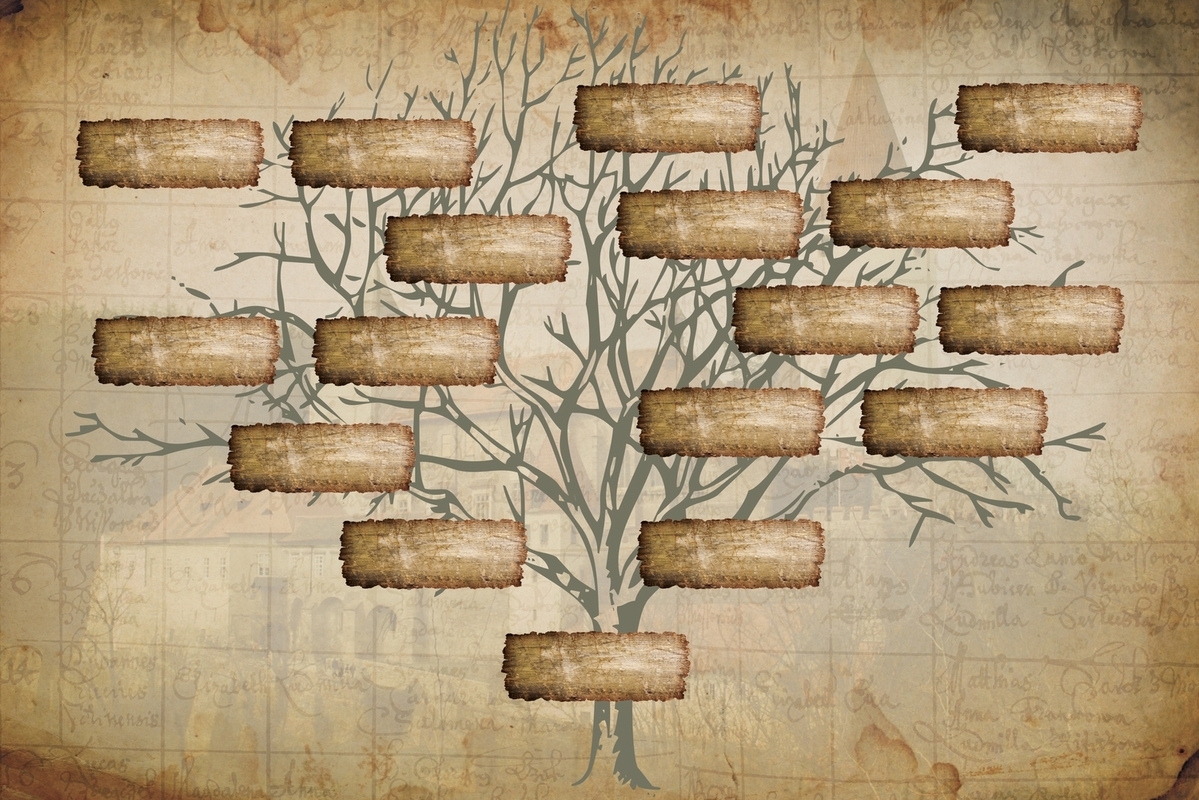
Unlocking Your Family History: A Comprehensive Step-by-Step Guide to Tracing Your Ancestry
Discovering your ancestral roots is a captivating journey that has intrigued humanity for centuries. Building a detailed family tree is more than just compiling names and dates; it’s about unearthing stories, understanding cultural heritage, and exploring the historical influences that have shaped your lineage. This extensive guide provides you with practical resources, proven methods, and expert tips to embark on your genealogical quest and uncover the rich tapestry of your family’s history.
Why Should You Trace Your Ancestry?
Understanding Your Identity and Cultural Roots
Delving into your family’s history helps you forge a stronger sense of identity, fostering pride and connection to your cultural heritage. By exploring your ancestors’ stories, traditions, and backgrounds, you gain insight into your roots and the diversity that has influenced your family over generations.
Health and Medical Insights
Researching your family’s medical history can reveal genetic predispositions to certain health conditions. This knowledge empowers you to make informed medical decisions and adopt preventative measures, contributing to better health management throughout your life and for future generations.
The Importance of Preserving Your Heritage
Getting Started with Your Genealogical Journey
Initial Data Collection
Commence your research by gathering all known information—names, dates, and locations related to your family. Engage with relatives to collect stories, old photographs, letters, and legal documents. These resources will serve as the foundation for building your family tree and guiding further research.
Organizing Your Research Data
Utilize genealogy software or online platforms such as:
-Ancestry.com: Offers extensive historical records, DNA testing options, and an active community of genealogists.
-MyHeritage: Known for its user-friendly interface and comprehensive database, facilitating easier research.
-FamilySearch: A free service maintained by The Church of Jesus Christ of Latter-day Saints, providing access to a vast array of genealogical records and expert support.
Deepening Your Family Research: Essential Records & Resources
Census Records
Countries worldwide maintain census records that document vital details like names, ages, occupations, residences, and family structures. These records are valuable for tracing lineage and are often accessible via national archives or dedicated genealogy websites.
Vital Records
Records such as birth certificates, marriage licenses, and death certificates are crucial for constructing accurate family trees. They contain critical information about parentage, birthplaces, and causes of death, helping to verify details and establish connections.
Religious and Church Records
Before civil registration systems were established, religious institutions maintained vital records of baptisms, marriages, and burials. These documents are often rich sources of genealogical data, especially for earlier generations.
Immigration and Naturalization Files
If your ancestors migrated from other countries, immigration records, passenger lists, and naturalization documents reveal essential details regarding their journeys, origins, and entry points into new lands.
Military Service Records
Military archives contain service records, draft registrations, and pensions. These documents can provide personal histories, military roles, and insights into ancestors’ involvement in historical conflicts.
Newspapers, Obituaries, and Local News
Obituaries, wedding announcements, and historical news articles offer valuable context about your ancestors’ lives, relationships, and community involvement, adding depth to your family narrative.
The Advantages of DNA Testing in Genealogy
Modern DNA testing platforms such as 23andMe and AncestryDNA can identify ethnic backgrounds, connect you with relatives worldwide, and uncover hidden branches of your family tree. It’s important to understand privacy considerations and ethical implications before proceeding with genetic testing.
Ensuring Accurate and Reliable Research
Cross-verification through multiple sources is vital for authentic genealogical research. Keep detailed records of your sources, question oral histories that lack verification, and be cautious of common surnames that need careful contextual interpretation to avoid mix-ups.
Overcoming Common Challenges
Gaps in records may occur due to lost or destroyed documents, language barriers, or scarce resources. Alternative sources such as land records, wills, tax documents, and local histories can fill in the gaps. Using translation services or experts can assist with foreign language records, and applying contextual clues helps distinguish individuals with similar surnames. Always respect privacy and sensitive information when sharing your findings.
Sharing and Preserving Your Family Heritage
Create a family history book that combines stories, photographs, and documents. Online family trees facilitate collaborative research with relatives. Organizing family reunions provides opportunities to celebrate your shared roots, connect with relatives, and pass on your family legacy to newer generations.
Embarking on your family history journey is a deeply rewarding experience. It not only connects you with your past but also enriches your understanding of your identity. With patience, curiosity, and diligent effort, you will uncover stories that bridge generations, fostering a profound appreciation for your heritage and the legacy you are part of.
